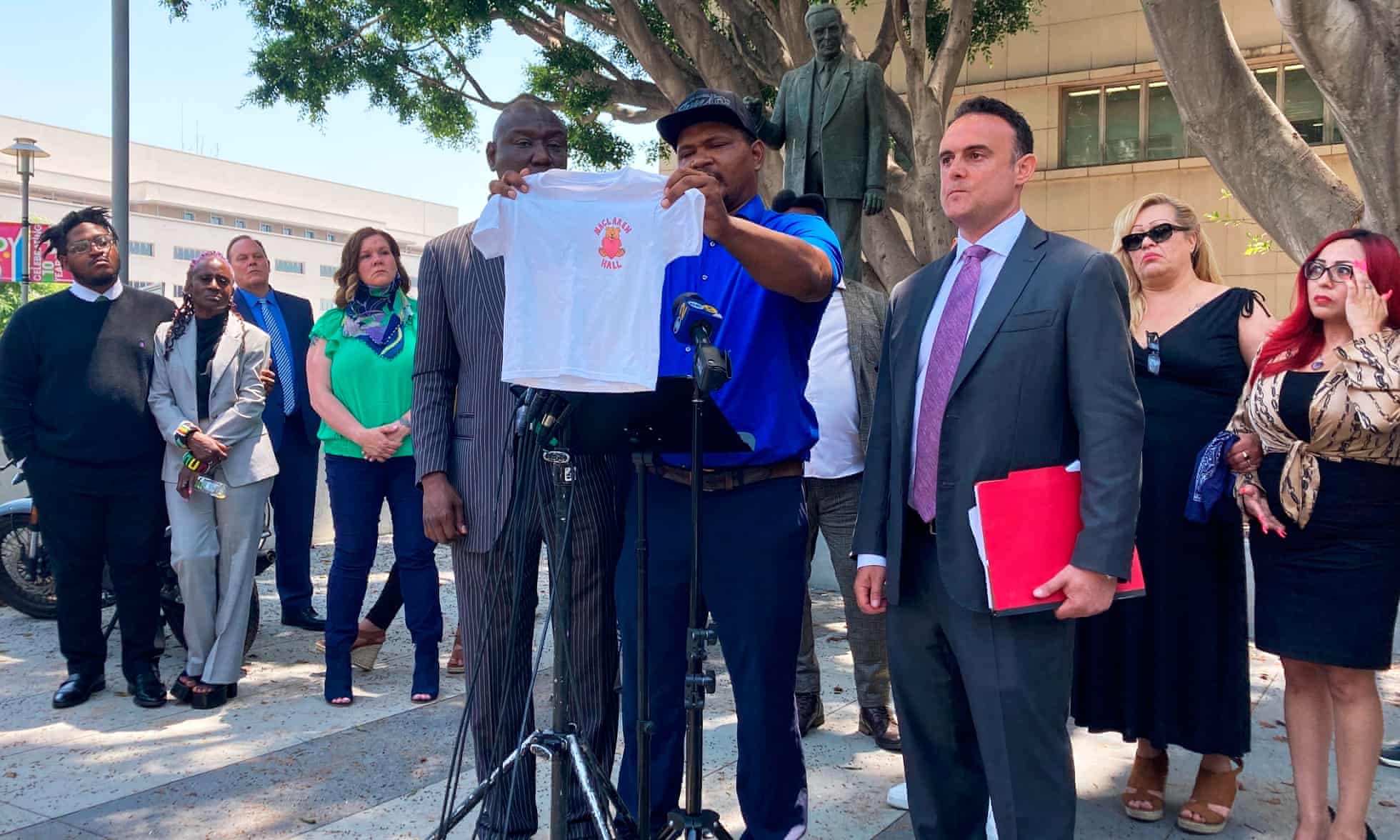As early as this April, Yale plans to welcome a training center for interrogators to its campus.
The center’s primary goal would be to coach U.S. Special Forces on interviewing tactics designed to detect lies. Charles Morgan III, a professor of psychiatry who will head the project, calls these tactics “people skills.” These techniques would be honed using New Haven’s immigrant community as subjects. Morgan hopes that by having soldiers practice their newly acquired techniques on “someone they can’t necessarily identify with” (read: someone who is not white), they’ll be better prepared to do ‘the real thing’ abroad.
What’s the problem here? We see several.
First, intelligence does not exist in a vacuum. It is gathered to support a particular foreign policy agenda, the morality of which is not beyond question.
It seems evident that Yale would not train foreign military operatives to interrogate informants. Yale as an institution does not — cannot — align itself blindly with the goals of other militaries.
But who is to say we should align ourselves with U.S. foreign policy? Though its goals are at times morally defensible, they can also be appalling. The techniques soldiers learn at Yale might be used, for example, to identify candidates for President Obama’s “kill list,” which is itself unethical and likely illegal. If someone lies to protect their friend from ending up on that kill list, is that a lie it is moral to detect? By training soldiers to perform these interrogations, Yale would be complicit in achieving these goals.





 Ukraine's President Volodymyr Zelenskiy confirmed for the first time on Monday that Ukrainian troops have been...
Ukraine's President Volodymyr Zelenskiy confirmed for the first time on Monday that Ukrainian troops have been... Los Angeles county has reached a $4bn agreement to settle nearly 7,000 claims of sexual abuse...
Los Angeles county has reached a $4bn agreement to settle nearly 7,000 claims of sexual abuse...






























